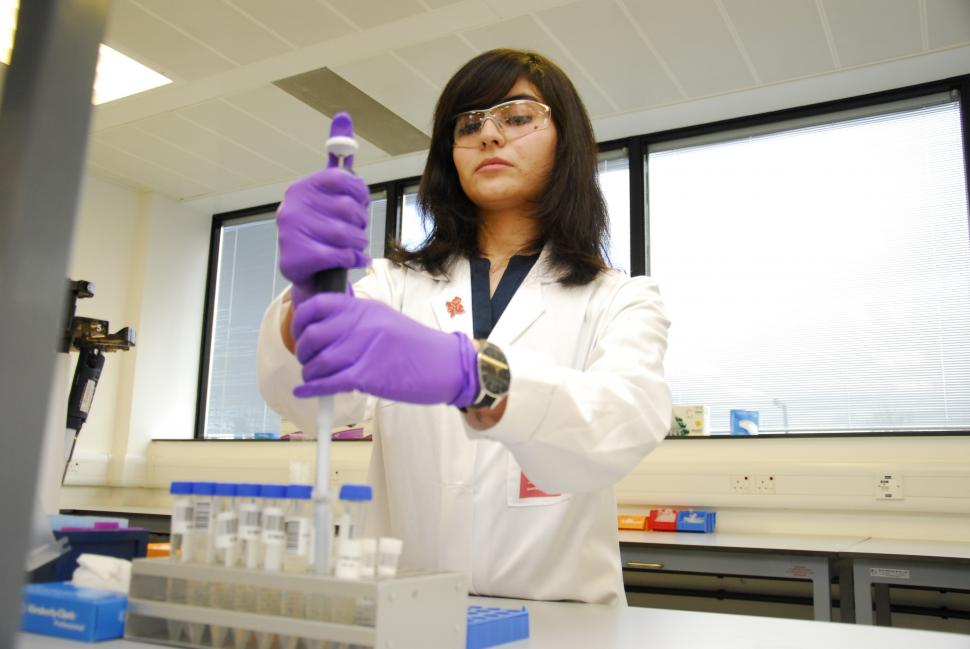- News
- Reviews
- Bikes
- Accessories
- Accessories - misc
- Computer mounts
- Bags
- Bar ends
- Bike bags & cases
- Bottle cages
- Bottles
- Cameras
- Car racks
- Child seats
- Computers
- Glasses
- GPS units
- Helmets
- Lights - front
- Lights - rear
- Lights - sets
- Locks
- Mirrors
- Mudguards
- Racks
- Pumps & CO2 inflators
- Puncture kits
- Reflectives
- Smart watches
- Stands and racks
- Trailers
- Clothing
- Components
- Bar tape & grips
- Bottom brackets
- Brake & gear cables
- Brake & STI levers
- Brake pads & spares
- Brakes
- Cassettes & freewheels
- Chains
- Chainsets & chainrings
- Derailleurs - front
- Derailleurs - rear
- Forks
- Gear levers & shifters
- Groupsets
- Handlebars & extensions
- Headsets
- Hubs
- Inner tubes
- Pedals
- Quick releases & skewers
- Saddles
- Seatposts
- Stems
- Wheels
- Tyres
- Health, fitness and nutrition
- Tools and workshop
- Miscellaneous
- Tubeless valves
- Buyers Guides
- Features
- Forum
- Recommends
- Podcast
 London 2012 Anti-Doping Laboratory (picture credit LOCOG)
London 2012 Anti-Doping Laboratory (picture credit LOCOG)MPCC calls for resignation of Wada president, citing handling of Chris Froome case
The Movement for Credible Cycling (MPCC) has called for the resignation of World Anti-Doping Agency (Wada) president, Sir Craig Reedie. The association, which campaigns for clean cycling, points to the handling of Chris Froome’s salbutamol case and Wada’s position on Tramadol among its reasons for doing so.
In July, Froome was cleared of anti-doping charges relating to an adverse analytical finding for Salbutamol at the 2017 Vuelta a Espana.
Wada explained that breaching its threshold does not constitute a failed test, but is instead merely a trigger for further investigation. It eventually concluded that “the analytical result could not be considered inconsistent with the ingestion of a permissible dose of inhaled salbutamol.”
The MPCC’s concerns appear to relate to the procedures followed to arrive at this conclusion, rather than the finding itself.
The World Anti-Doping Code states that a test result “will be considered as an Adverse Analytical Finding (AAF) unless the Athlete proves, through a controlled pharmacokinetic study, that the abnormal result was the consequence of a therapeutic dose (by inhalation) up to the maximum dose indicated above.”
The MPCC writes: “Though, in the press release following its decision, Wada admits that a [controlled pharmacokinetic study] would not have been practicable. The handling of Chris Froome's case showed clearly how Wada was in contradiction with its own rules.
“Disrepute was brought upon the fight against doping, hurting cycling in a big way and spread confusion among the public and only achieved one thing: fuelling suspicion around a case that was already at the centre of the media attention.”
Regarding Tramadol, the letter states that the MPCC made a formal request to Wada to put Tramadol on the List of Prohibited Substances and Methods in 2014 and has renewed this annually “with a strong emphasis,” supported by the UCI.
“MPCC wishes to see this substance banned in competition for ethic reasons (performance enhancing), but also for the sake of the riders’ safety and health. To leave things as they are could endanger the health of our athletes.
“MPCC laments the lack of evolution of the List of Prohibited Substances and Methods year after year, and the update for 2019 is nothing more than the confirmation of this trend.”
The MPCC also takes issue with the decision to reinstate the Russian Anti- Doping Agency (RUSADA), arguing that the two criteria for reinstatement were not met.
A spokesperson for Wada said Reedie would not be resigning and said the organisation had written to the MPCC to point out “various inaccuracies and misinterpretation.”
The spokesperson also pointed to the recent successful appeal to the Court of Arbitration for Sport of the cases of Johan Bruyneel, Pedro Celaya and Pepe Marti as evidence of its “tireless resolve to fight for clean sport.”
Alex has written for more cricket publications than the rest of the road.cc team combined. Despite the apparent evidence of this picture, he doesn't especially like cake.
Latest Comments
- ZeroFrictionCycling 53 min 38 sec ago
If a lubricant is to be reviewed and given a high score, which could well lead to many of Road.cc audience following that recommendation - it would...
- Barraob1 57 min 16 sec ago
If the owner can't identify who was driving their vehicle, impound it for a month and see what happens. I bet they figure it out real quick
- mark1a 1 hour 25 min ago
Interesting point ref processing resources. Just yesterday I had a phone call from an actual Op Snap review team member. I've spent a few years...
- andystow 4 hours 2 min ago
This morning's commute was -10 °F / -23 °C. I doubt the relative humidity is really that low. The dew point might be -30 °C, but that's still 30%...
- lonpfrb 4 hours 9 min ago
IC confirmation bias at it's finest, and not the facts of the matter IMHO.
- lonpfrb 4 hours 12 min ago
Not always as the ML models can be provided already trained for reuse, thus avoiding the training process where that 'I' is required because it's...
- Sriracha 5 hours 4 min ago
I thought bikes for general use had a shorter reach and a higher stack, compared to pro-race machines which have a longer reach over a lower stack....
- ErnieC 5 hours 42 min ago
Exactly. I wonder why so many are OK with UAE and Bahrain competing when clearly they should not be there.
Add new comment
1 comments
This'll be interesting...